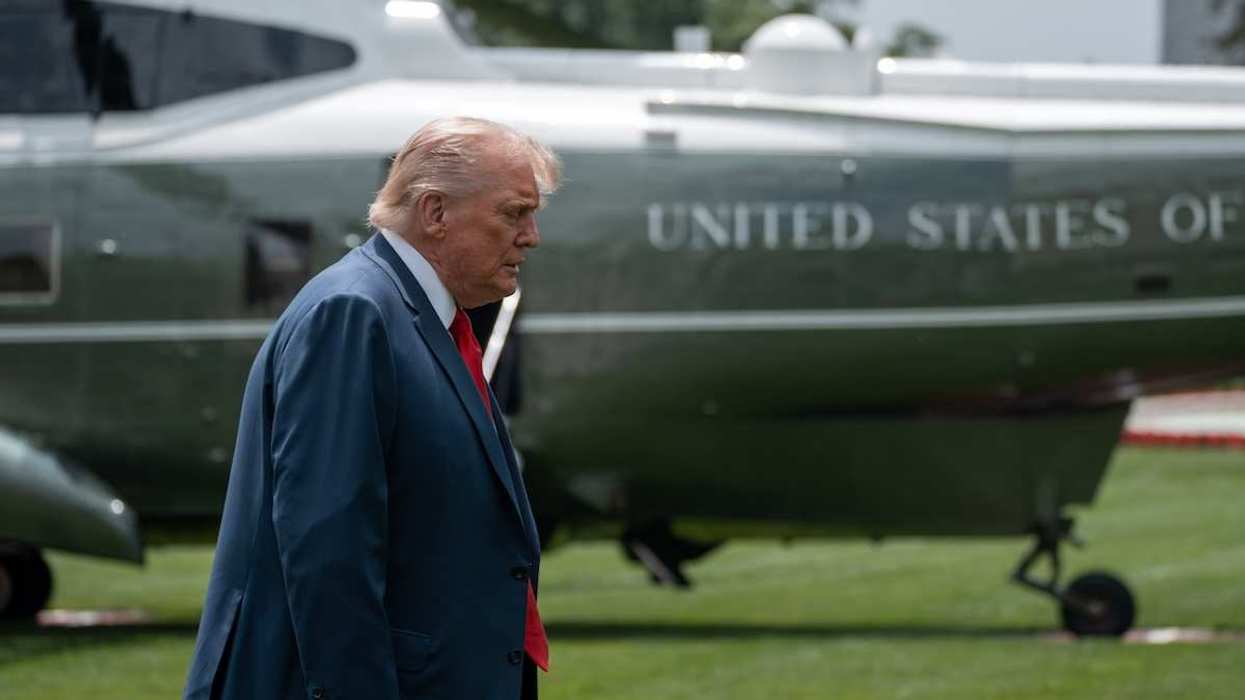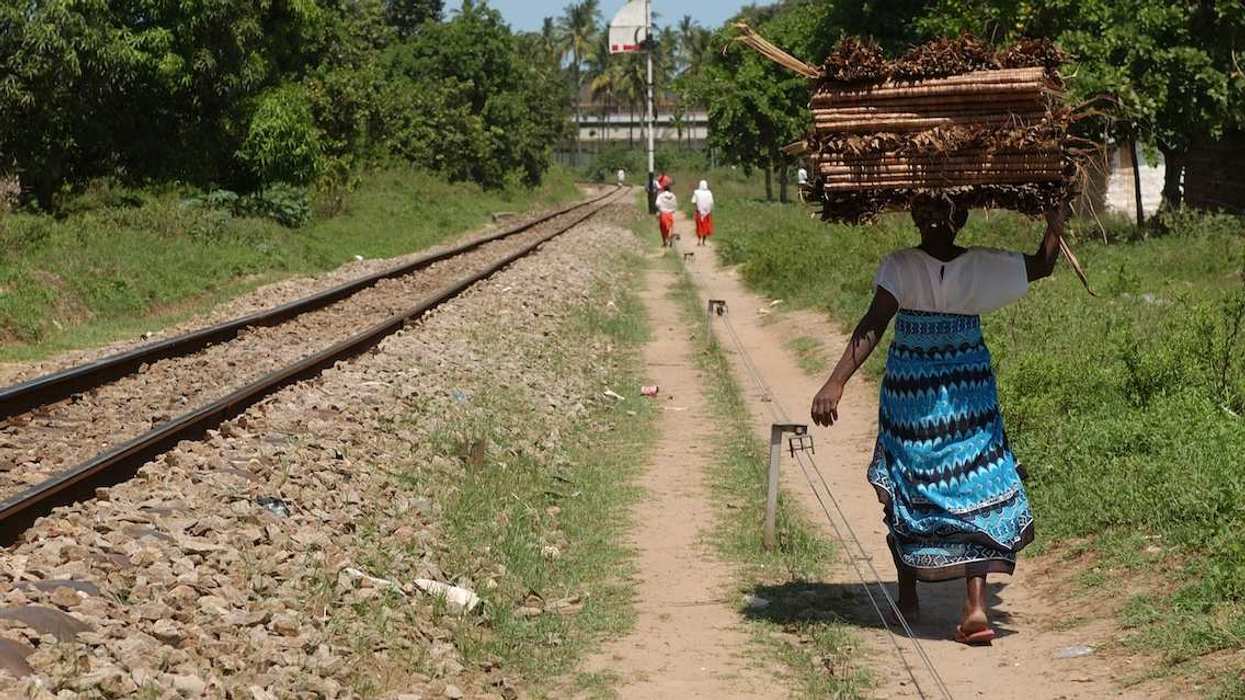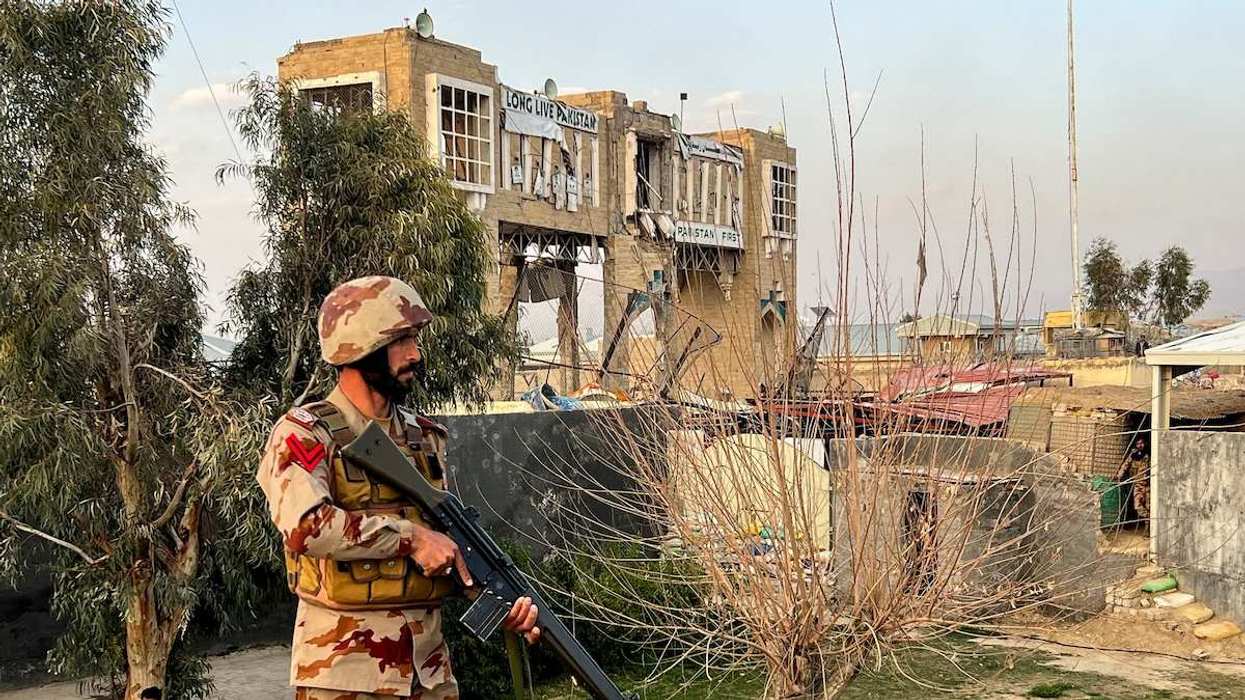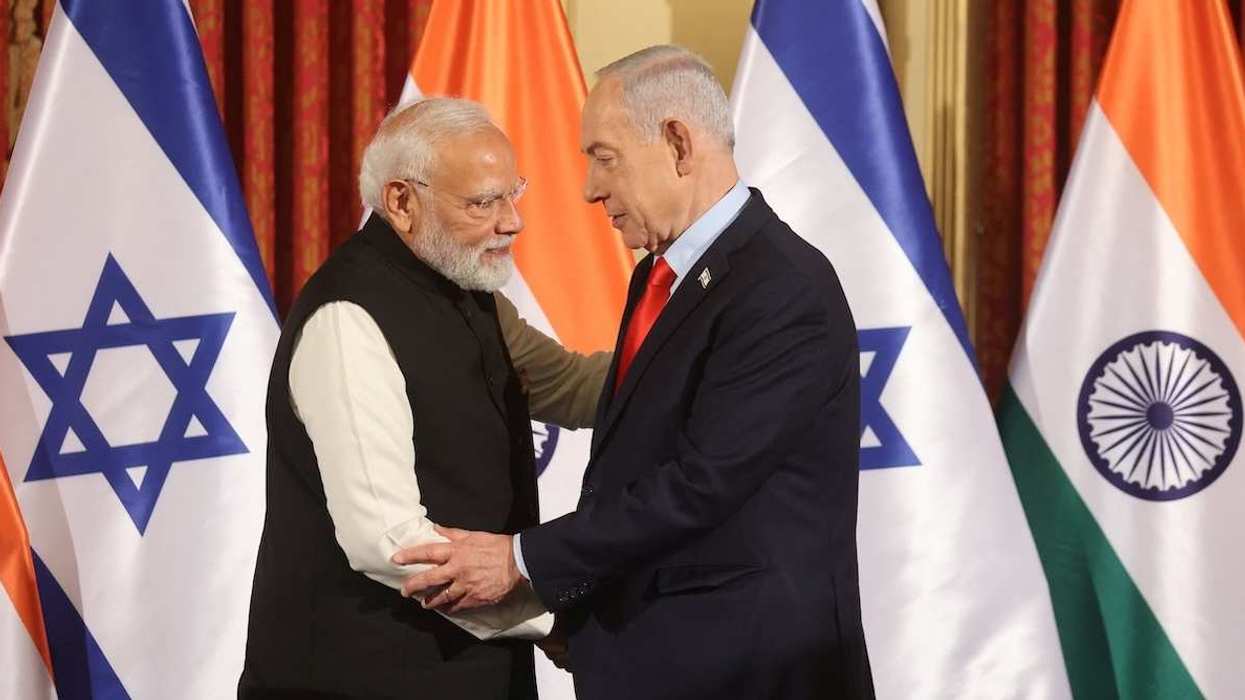Egypt held a presidential election this week. The official results will be announced on Monday. Spoiler alert: incumbent President Abdel Fattah el-Sisi will be declared the winner.
Sisi has solved the near-term problem of how to hold onto power. Imprison thousands of potential troublemakers. Handpick your election opponent. Drive all credible challengers out of the race. To ensure turnout, pay people to vote and threaten fines on those who don’t. Count the votes. Declare victory.
But this won’t solve the longer-term problems facing Egypt, for which Sisi will now be held responsible. Nearly a third of the country’s 90 million people lives in poverty, a percentage that has grown over the past 20 years. More than half that population is under twenty-five.
In November 2016, to try to get its financial house in order, the government devalued Egypt’s currency and cut fuel subsidies. Angry protests followed. This time last year, bread riots erupted in many Egyptian cities following news that the state had reduced the number of subsidized bread loaves it allows each family to buy.
Egypt’s population is projected to reach 120 million by 2030, and 150 million by 2050. Population growth creates urban sprawl, which leaves less land for agriculture, exacerbating already serious shortages of food and water. Unless Sisi decides he cares as much about his country as he does about political control, this is the shape of things to come.



















